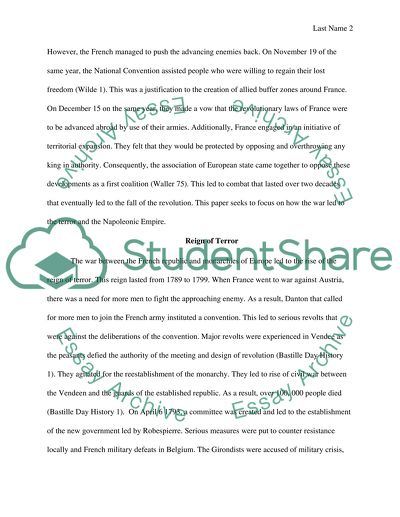Cite this document
(“How did the wars between the French Republic and the monarchies of Research Paper”, n.d.)
Retrieved from https://studentshare.org/history/1473490-how-did-the-wars-between-the-french-republic-and
Retrieved from https://studentshare.org/history/1473490-how-did-the-wars-between-the-french-republic-and
(How Did the Wars Between the French Republic and the Monarchies of Research Paper)
https://studentshare.org/history/1473490-how-did-the-wars-between-the-french-republic-and.
https://studentshare.org/history/1473490-how-did-the-wars-between-the-french-republic-and.
“How Did the Wars Between the French Republic and the Monarchies of Research Paper”, n.d. https://studentshare.org/history/1473490-how-did-the-wars-between-the-french-republic-and.


